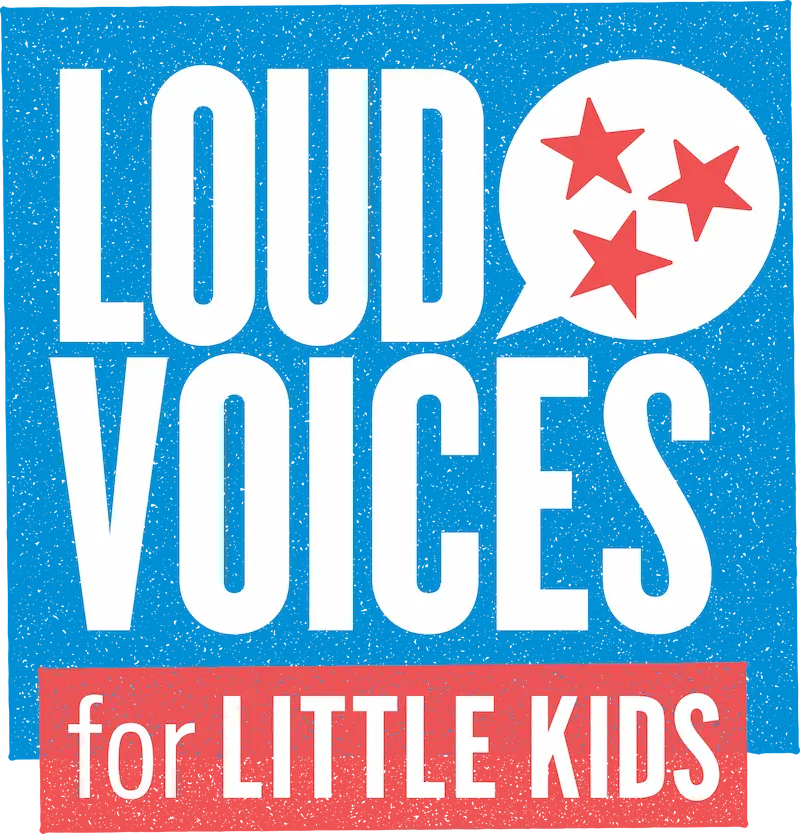In January 2022, researchers Dale Farran, Mark Lipsey, Kelley Durkin and Sarah Wiesen released the latest findings of a multi-year study following children who participated in Tennessee’s Voluntary Pre-K (VPK) program in 2009-10 and 2010-11 school years. In sum, the study finds that early gains faded and the VPK children were doing worse than their control group peers by the end of sixth grade.
While these results are disappointing and raise important questions about Tennessee public education, they underscore what we know from decades of research on early learning – quality matters, not only for Pre-K programs, but also for the early learning continuum through third grade (and beyond).
Here’s what you need to know about Tennessee’s Voluntary Pre-K program in light of the study.
- Tennessee’s VPK program has been substantially improved since 2011, thanks to the Pre-K Quality Act of 2016. Children who enter Tennessee Pre-K classrooms today have a very different experience from those in the study group who participated between 2009-11. Since that time, TN-VPK has been transformed in many ways – mostly as a direct result of the Tennessee General Assembly acknowledging improvements were needed and passing the Pre-K Quality Act in 2016.
- Thanks to enhancements in curriculum, instruction, data and accountability, Tennessee is now one of only 12 states that meet 9 out of 10 quality standard benchmarks for effectiveness of preschool education programs according to the National Institute for Early Education Research (NIEER).
- TN Pre-K works. Previous studies by some of the same researchers tracking the same cohort of children show the benefits of the VPK program.
- A 2015 study found that those who attended VPK were significantly better prepared for kindergarten than their non-VPK peers.
- A 2019 study found that the children who went on to high-quality kindergarten through third grade classrooms with highly effective teachers maintained the academic edge over their peers, including those who also attended the same quality kindergarten through third grade.
- It’s what Tennesseans want.
- Over 75% of Tennessee school districts have wait lists for Pre-K.
- A recent voter poll conducted by Tennesseans for Quality Early Education shows that Tennessee Democrats and Republicans are unified in their support of expanding early education as a fundamental strategy to improve student achievement. Eighty-nine percent said they believe TN-VPK should be available to all Tennessee 4-year-olds, and 87 percent support increased state funding to make that possible.
- Beyond Tennessee, there is documented ROI. There is a tremendous body of research documenting the benefits of high-quality preschool. Increased academic and career achievement as well as reduced costs in remedial education, health and criminal justice system expenditures led to Nobel Prize-winning economist James Heckman documenting returns as high as $7 – $10 for every $1 invested in high-quality Pre-K for economically-disadvantaged children.
While there are still improvements to be made, Tennessee’s VPK program is a crucial tool for strengthening early learning. Pre-K cannot be expected to inoculate children against poor subsequent learning experiences. Quality early education – including high-performing elementary schools and highly effective teachers – must be sustained through third grade if we are to address the fact that statewide more than two-thirds of Tennessee’s third graders aren’t proficient in reading or in math. It’s proven that when children aren’t proficient by third grade, they tend to stay or fall further behind. They’re four times more likely to drop out of high school and 60 percent less likely to pursue a post-secondary degree. Enhancing the quality of early education is a fundamental strategy to reverse this unacceptable trend and give our students a better future.





